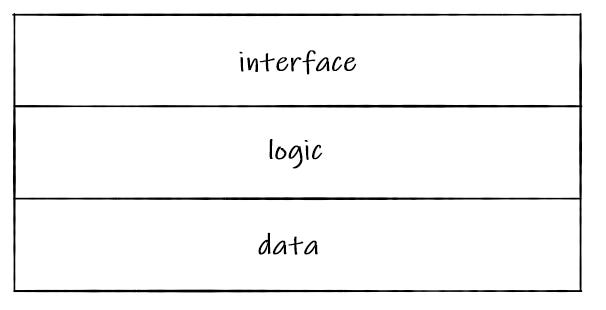Applications no longer need to build an entire stack and compete for the best underlying data. Instead, anyone with an idea for improving the features, services, or interfaces of a use case can plug into the existing ecosystem and its data and start offering their improvement. Builders can build faster, users get more choice, and the Web as a whole... See more

